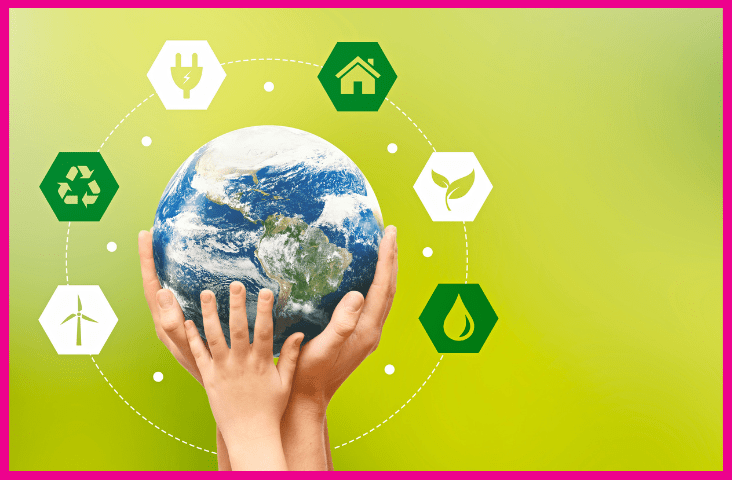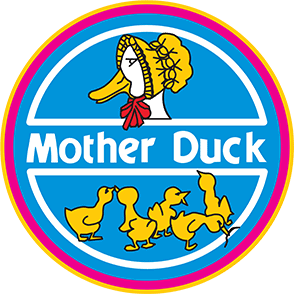
Practising Sustainability at Mother Duck Childcare
It is no secret that how we treat our planet is becoming a more and more vital discussion to be had with our fellow humans of all ages. However, with our busy lives, trying to incorporate more sustainable practices into our everyday life can seem almost impossible. Here at Mother Duck, we put a lot of thought into what we can do to make small changes to our footprint on this earth and how we can support young children to build an understanding of what a sustainable life might look like. Below are a few tips and tricks to support a more sustainable life.
Tip 1: Reduce the use of plastic or single-use products
This can be as simple as using washers to clean children up after meals and snacks. While this does mean one extra load of washing each day and more washers in the cupboard, at Mother Duck it saves approximately 300 wipes and 4 or 5 plastic wipes packets going into landfill every day. That is 960 wipes packets or 72000 wipes each year! This is an easy practice to take into your own home. Using washers to clean children’s faces, using cloth napkins instead of disposable serviettes or using reusable cloths instead of paper towels in the kitchen, will reduce your waste footprint and over time reduce your weekly grocery expenses as well.

Tip 2: Using a compost service or having on-site compost.
Food waste is a massive part of everyday life for so many industries and households. Luckily, there are simple solutions that can take a small, or large, bite out of the amount of food waste that enters landfill. For businesses, compost services certainly help. As you can imagine, when early childhood services are providing food, we have a larger amount of food waste than the average household. Extra time is spent supporting the children to identify how hungry they are and encouraging them to only serve an amount that matches their tummies! On top of that, we have a designated compost bin which is collected each week and taken to a compost system where it can be turned into mulch to be used across the many parks and green spaces in SEQLD. Where it is safe and space permits, centres have their own compost or worm farms to break down the food waste into compost for our gardens.
Compost at home can seem so tricky, but if you don’t have the yard space for your own full compost system there are other options such as Bokashi bins and community compost projects. If even these are too much for your current lifestyle, simply being aware of what is in your fridge and cooking or eating the oldest foods first will make a huge difference to what goes into your red general waste bins.

Tip 3: Consider where your foods are coming from and how they are packaged.
Each and every kitchen at Mother Duck has taken the time to find the right supplies for that centre. For most, this means that their fruit and veggies are coming from a local company that delivers them in recyclable cardboard boxes with not a piece of plastic in sight! When doing your shopping at home, grab a pack of reusable bags (or just use any reusable bags you have at home) and skip the single-use plastic bags for fruit and veg. Some produce, such as melons and bananas, are already equipped with fantastic natural packaging… their skin!! Other, more delicate items, fare just as well in a mesh or cotton bag as they do in plastic.
The important thing to remember for the tips above or any others you may use at your house is the need to have open, honest, and age-appropriate discussions with our children. It is our children who are going to have live and continue to care for the earth of the future and they are capable and eager to know how to take care of it.
If you have any more tips or tricks, please reach out and share them with your local Mother Duck!! We would love to continue on our journey of being caretakers of this beautiful Earth we call home.


